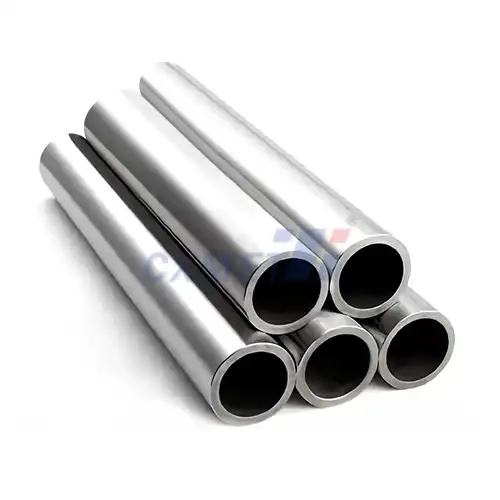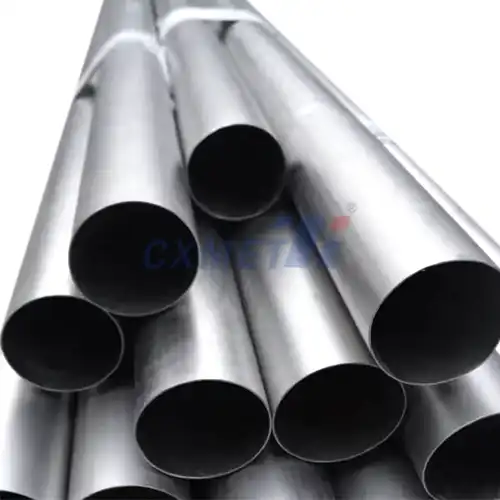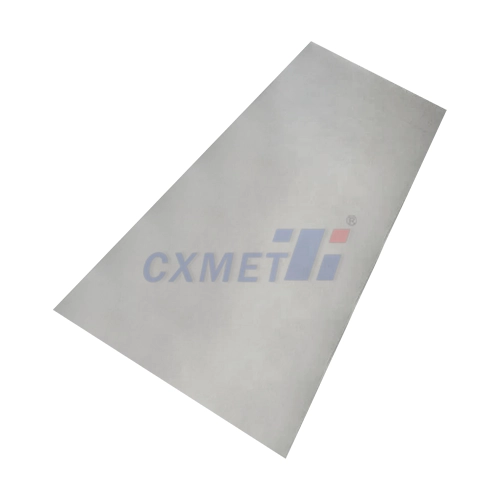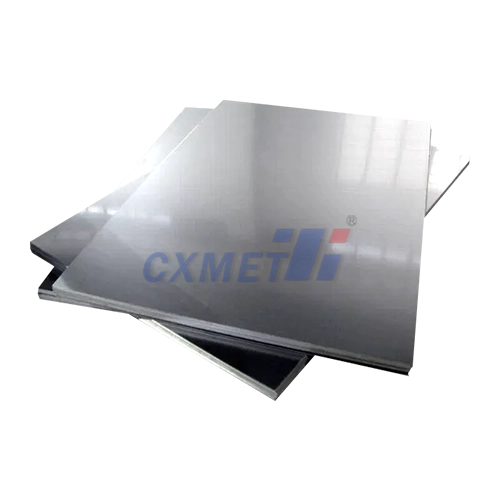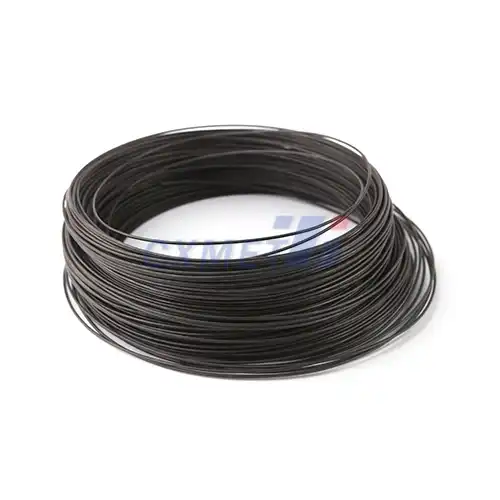- English
- French
- German
- Portuguese
- Spanish
- Russian
- Japanese
- Korean
- Arabic
- Greek
- German
- Turkish
- Italian
- Danish
- Romanian
- Indonesian
- Czech
- Afrikaans
- Swedish
- Polish
- Basque
- Catalan
- Esperanto
- Hindi
- Lao
- Albanian
- Amharic
- Armenian
- Azerbaijani
- Belarusian
- Bengali
- Bosnian
- Bulgarian
- Cebuano
- Chichewa
- Corsican
- Croatian
- Dutch
- Estonian
- Filipino
- Finnish
- Frisian
- Galician
- Georgian
- Gujarati
- Haitian
- Hausa
- Hawaiian
- Hebrew
- Hmong
- Hungarian
- Icelandic
- Igbo
- Javanese
- Kannada
- Kazakh
- Khmer
- Kurdish
- Kyrgyz
- Latin
- Latvian
- Lithuanian
- Luxembou..
- Macedonian
- Malagasy
- Malay
- Malayalam
- Maltese
- Maori
- Marathi
- Mongolian
- Burmese
- Nepali
- Norwegian
- Pashto
- Persian
- Punjabi
- Serbian
- Sesotho
- Sinhala
- Slovak
- Slovenian
- Somali
- Samoan
- Scots Gaelic
- Shona
- Sindhi
- Sundanese
- Swahili
- Tajik
- Tamil
- Telugu
- Thai
- Ukrainian
- Urdu
- Uzbek
- Vietnamese
- Welsh
- Xhosa
- Yiddish
- Yoruba
- Zulu
Why Choose Gr23 Ti 6AL4V Eli Medical Titanium Bar for Implants?
2025-07-23 15:35:24
In the realm of medical implants, the choice of material is paramount to ensure optimal patient outcomes and long-term success. Among the various options available, Gr23 Ti 6AL4V Eli Medical Titanium Bar has emerged as a superior choice for implant applications. This advanced titanium alloy offers a unique combination of properties that make it ideal for use in the human body. Its exceptional biocompatibility, high strength-to-weight ratio, and remarkable durability have revolutionized the field of medical implants. This article delves into the reasons why Gr23 Ti 6AL4V Eli Medical Titanium Bar is the preferred material for implants, exploring its scientific advantages, clinical benefits, and long-term cost-effectiveness. We'll examine how this material's unique characteristics contribute to improved patient comfort, reduced risk of complications, and enhanced overall implant performance.
|
|
|
Biocompatibility: The Science Behind Titanium in Medicine
Cellular Interaction and Osseointegration
Gr23 Ti 6AL4V Eli Medical Titanium Bar exhibits exceptional biocompatibility, making it an ideal choice for medical implants. This material's ability to integrate seamlessly with human tissue is due to its unique surface properties. When exposed to oxygen, titanium forms a stable oxide layer that interacts favorably with surrounding cells. This interaction promotes osseointegration, the process by which bone cells adhere to and grow on the implant surface. The Gr23 alloy's extra-low interstitial (ELI) composition further enhances this property, minimizing the risk of adverse reactions and improving the overall success rate of implants.
Corrosion Resistance in Biological Environments
One of the key advantages of Gr23 Ti 6AL4V Eli Medical Titanium Bar is its exceptional resistance to corrosion in biological environments. The human body is a complex system with varying pH levels and electrolyte concentrations that can be corrosive to many metals. However, the stable oxide layer formed on the surface of titanium provides a protective barrier against these corrosive elements. This resistance ensures that the implant maintains its structural integrity over time, reducing the risk of metal ion release and potential associated complications. The durability of Gr23 titanium in biological environments contributes significantly to the long-term success and safety of medical implants.
Immune System Compatibility
The interaction between implant materials and the body's immune system is a critical factor in the success of medical implants. Gr23 Ti 6AL4V Eli Medical Titanium Bar demonstrates superior compatibility with the human immune system. Unlike some other materials, titanium does not trigger significant inflammatory responses or allergic reactions. This compatibility is particularly important for long-term implants, as it minimizes the risk of chronic inflammation or implant rejection. The ELI grade of the Gr23 alloy further reduces the presence of trace elements that could potentially interact with the immune system, making it an even safer choice for a wide range of patients.
Strength-to-Weight Ratio: Advantages for Patient Comfort
Lightweight Design for Improved Mobility
The exceptional strength-to-weight ratio of Gr23 Ti 6AL4V Eli Medical Titanium Bar offers significant advantages in terms of patient comfort and mobility. This material provides the necessary strength to withstand physiological loads while being remarkably lightweight. For orthopedic implants, such as hip or knee replacements, this translates to reduced strain on surrounding tissues and improved ease of movement for patients. The lightweight nature of titanium implants allows for more natural motion and quicker rehabilitation, enhancing the overall quality of life for individuals with medical implants. Additionally, the reduced weight can be particularly beneficial for elderly patients or those with compromised musculoskeletal systems.
Mechanical Properties Matched to Human Bone
Gr23 Ti 6AL4V Eli Medical Titanium Bar possesses mechanical properties that closely match those of human bone, making it an ideal material for load-bearing implants. The elastic modulus of titanium is much closer to that of bone compared to other commonly used implant materials like stainless steel or cobalt-chromium alloys. This similarity in mechanical properties helps to distribute stress more evenly between the implant and surrounding bone, reducing the risk of stress shielding. Stress shielding occurs when an implant takes on too much of the load, leading to bone resorption and potential implant loosening. By using Gr23 titanium, implants can provide the necessary support while allowing for more natural bone loading and remodeling.
Reduced Risk of Fatigue Failure
The high fatigue strength of Gr23 Ti 6AL4V Eli Medical Titanium Bar is crucial for implants subjected to cyclic loading, such as those used in joint replacements or spinal fusion devices. This material exhibits superior resistance to fatigue failure, which is the gradual weakening of a material due to repeated stress. The ELI grade of the Gr23 alloy further enhances this property by minimizing impurities that could serve as stress concentration points. This increased fatigue resistance translates to a lower risk of implant failure over time, providing patients with greater confidence in the longevity of their implants. For medical professionals, it offers the assurance of using a material that can withstand the demands of daily activities and maintain its structural integrity for years to come.
Longevity and Durability: Cost-Effectiveness of Titanium Implants
Long-Term Performance and Reduced Revision Rates
The longevity and durability of Gr23 Ti 6AL4V Eli Medical Titanium Bar contribute significantly to its cost-effectiveness in medical implants. This material's exceptional resistance to wear, corrosion, and fatigue results in implants that maintain their performance over extended periods. Studies have shown that titanium implants often have lower revision rates compared to those made from other materials. This longevity translates to fewer follow-up surgeries and reduced healthcare costs over the patient's lifetime. For healthcare systems and insurance providers, the use of Gr23 titanium implants can lead to substantial long-term savings by minimizing the need for costly revision procedures and associated complications.
Compatibility with Modern Imaging Techniques
Another advantage of Gr23 Ti 6AL4V Eli Medical Titanium Bar is its compatibility with modern imaging techniques. Unlike some metal implants that can cause significant artifacts in magnetic resonance imaging (MRI) or computed tomography (CT) scans, titanium produces minimal interference. This property is crucial for long-term patient monitoring and diagnosis of potential complications. The ability to obtain clear images around titanium implants allows for more accurate follow-up care and early detection of any issues. This compatibility not only enhances patient care but also contributes to cost-effectiveness by enabling more precise and timely medical interventions when necessary.
Versatility in Manufacturing and Design
The versatility of Gr23 Ti 6AL4V Eli Medical Titanium Bar in manufacturing and design processes adds to its cost-effectiveness. This material can be machined, 3D printed, or forged into complex shapes, allowing for the creation of custom implants tailored to individual patient needs. The ability to produce patient-specific implants can lead to better outcomes and reduced surgical times. Additionally, the material's workability allows for the integration of surface treatments or coatings that can further enhance its performance. This flexibility in manufacturing not only improves clinical outcomes but also allows for more efficient production processes, potentially reducing the overall cost of implant production and customization.
Conclusion
Gr23 Ti 6AL4V Eli Medical Titanium Bar stands out as an exceptional choice for medical implants, offering a unique combination of biocompatibility, strength, and durability. Its superior properties ensure better patient outcomes, reduced complications, and long-term cost-effectiveness. As medical technology advances, the role of this high-performance titanium alloy in improving patient care and quality of life is likely to grow. Healthcare professionals and patients alike can benefit from the reliability and performance of Gr23 titanium implants, making it a cornerstone material in modern medical device engineering.
For those seeking high-quality Gr23 Ti 6AL4V Eli Medical Titanium Bar, Shaanxi CXMET Technology Co., Ltd. is a leading provider in the field. With over 20 years of experience in metallurgy and a strong commitment to innovation, CXMET offers premium-grade titanium products that meet the most stringent international standards. Their team of skilled professionals ensures top-notch quality control and customer support. For inquiries or to learn more about their products, contact them at sales@cxmet.com. CXMET's dedication to excellence and customer satisfaction makes them an ideal partner for your medical titanium needs.
References
1. Geetha, M., Singh, A. K., Asokamani, R., & Gogia, A. K. (2009). Ti based biomaterials, the ultimate choice for orthopaedic implants – A review. Progress in Materials Science, 54(3), 397-425.
2. Niinomi, M. (2008). Mechanical biocompatibilities of titanium alloys for biomedical applications. Journal of the Mechanical Behavior of Biomedical Materials, 1(1), 30-42.
3. Rack, H. J., & Qazi, J. I. (2006). Titanium alloys for biomedical applications. Materials Science and Engineering: C, 26(8), 1269-1277.
4. Long, M., & Rack, H. J. (1998). Titanium alloys in total joint replacement—a materials science perspective. Biomaterials, 19(18), 1621-1639.
5. Elias, C. N., Lima, J. H. C., Valiev, R., & Meyers, M. A. (2008). Biomedical applications of titanium and its alloys. JOM, 60(3), 46-49.
6. Sidambe, A. T. (2014). Biocompatibility of advanced manufactured titanium implants—A review. Materials, 7(12), 8168-8188.


